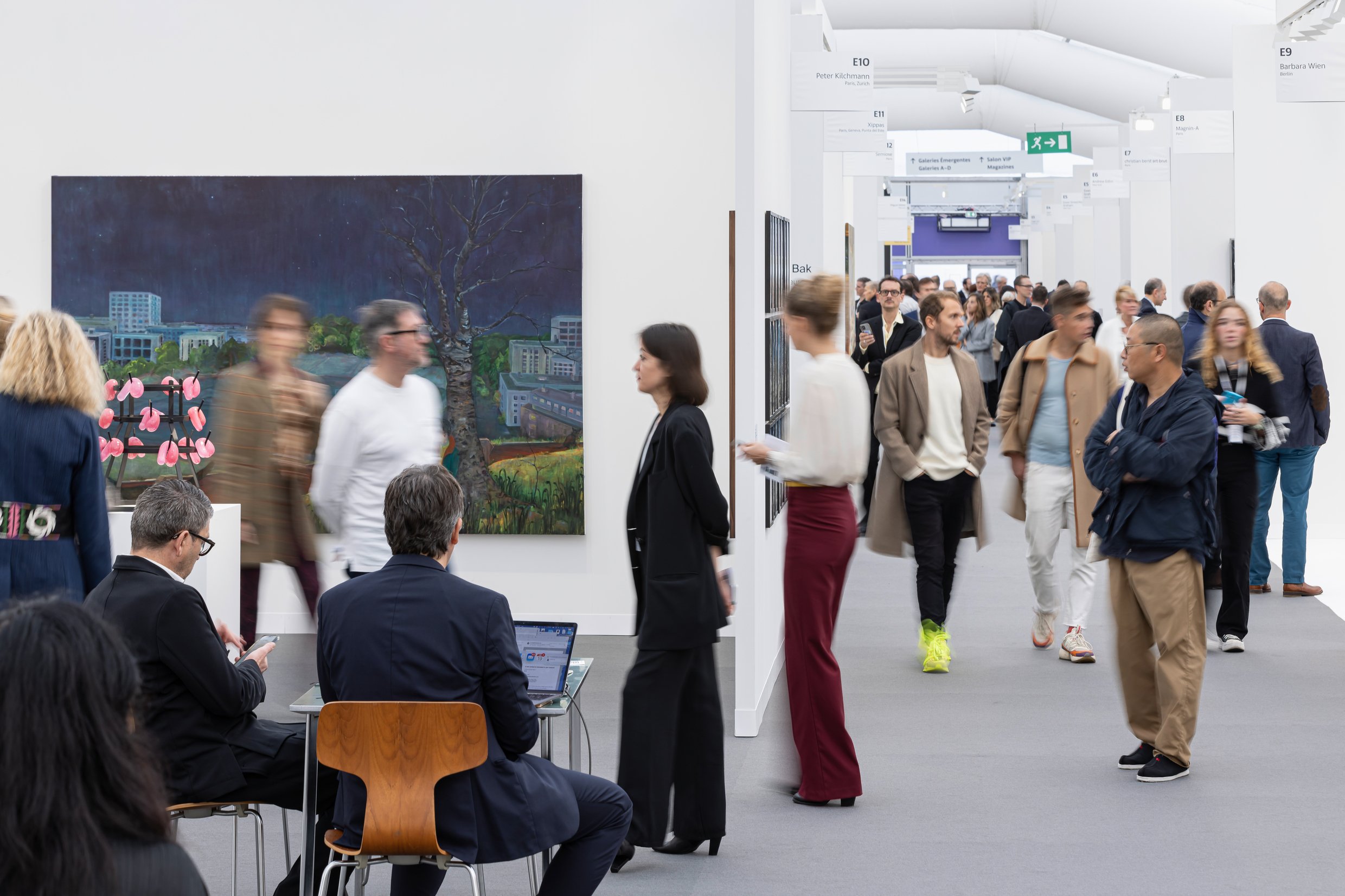
Two of France’s biggest cultural institutions, the Palace of Versailles and Louvre Museum, were evacuated on Saturday, October 14, after receiving bomb threats.
No weapons were found during police searches of both sites, and neither venue reported any injuries. They both reopened the following day.
The incidents occurred less than 24 hours after a teacher in the Northern French city of Arras was stabbed to death in what the French authorities suspect is an Islamist terrorist attack. Three other workers at the schools were also injured in the incident. The assailant, identified by prosecutors as Mohamed M., has since been arrested.
France’s Prime Minister, Élisabeth Borne, raised the state’s threat level to its highest position shortly after the fatal attack. The next day, some 7,000 soldiers were deployed around the country in an effort to boost security efforts.
The protective measures will likely remain in place through this Thursday, when Paris+ par Art Basel plans to open its second edition in the French capital. The conditions surrounding the event echo a broader sense of unease coursing through much of Europe and Western Asia amid the ongoing war between Hamas and Israel. (Gérald Darmanin, France’s Interior Minister, has said there is “no doubt” a connection between the attack in Arras and the war.)
On Sunday, Art Basel’s CEO, Noah Horowitz, addressed these conditions in a letter sent to potential Paris fairgoers. He noted that a series of “comprehensive measures” have been put in place at the event.
“Visitors to the fair will undergo thorough security screening protocols including metal detectors and bag checks,” Horowitz said. “Anti-ram vehicle barriers are installed around the Grand Palais Éphémère and additional security personnel will be deployed to patrol the perimeter of the fair.”
A spokesperson for Paris+ added that none of the fair’s 154 participating galleries have withdrawn. Whether the news will result in lower attendance numbers or sales figures at the fair remains a question, however.
“Do I think that from a financial perspective, this is going to have an effect on markets? I would think, to some, extent it would,” said art advisor Todd Levin, referring the Israel–Hamas war. “It certainly doesn’t put people in a spend-y mood. But there are always those people on the other side of the fence that are waiting [to take advantage] of these patterns of instability and confusion.”
Levin said that he doesn’t believe the security measures will impact the success of Paris+, but the calendar might. The fair comes one week after Frieze London and three before New York auction week. The latter event, explained the art advisor, is particularly stacked with notable artworks this year. “I think people want to keep their powder dry,” he added.
More Trending Stories:
Four ‘Excellently Preserved’ Ancient Roman Swords Have Been Found in the Judean Desert